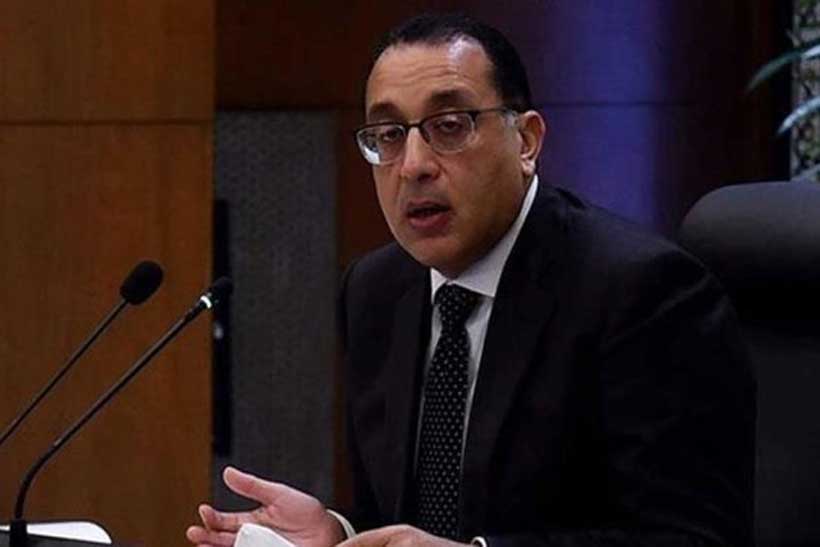Egypt has struggled for years with ballooning subsidies, a foreign currency crunch, and rising debt, pushing authorities to gradually reduce state spending on energy. Under an $8 billion IMF loan program, Cairo has been pressed to align domestic fuel prices with global market levels while expanding social safety nets to cushion the impact on low-income households.
What Happened:
The government raised prices on a wide range of petroleum products by 10.5% to 12.9% on Friday, according to the official gazette the second fuel price hike this year following a nearly 15% increase in April. The petroleum ministry said prices will now be frozen for at least one year, citing global and regional economic pressures.
Diesel, Egypt’s most widely used fuel rose by 2 Egyptian pounds ($0.042) to 17.50 pounds per litre, while gasoline prices climbed by up to 12.7%, with 80 octane now 17.75 pounds, 92 octane 19.25 pounds, and 95 octane 21 pounds per litre.
The ministry added that refineries will continue operating at full capacity and that arrears to foreign partners are being paid to boost domestic output and reduce import dependency.
Why It Matters:
The decision underscores Egypt’s drive to cut its budget and current account deficits while meeting IMF targets. Although diesel remains partially subsidised, higher prices risk worsening inflation and public frustration as living costs surge. Maintaining subsidies on key fuels could strain the budget further, but failing to do so risks social unrest a delicate balance Cairo has struggled to manage.
Egyptian Government and Petroleum Ministry: Implementing IMF-backed fiscal reforms to reduce subsidies.
International Monetary Fund (IMF): Monitoring progress under the $8 billion loan program.
Egyptian Consumers and Transport Sector: Most affected by rising fuel and transport costs.
Energy Partners and Refiners: Benefiting from incentives and full-capacity refinery operations.
What’s Next:
Egypt’s fuel prices are now expected to remain unchanged for at least a year, giving authorities room to stabilise the economy while avoiding further political backlash. The freeze could help anchor inflation expectations, but sustained pressure from the IMF may lead to renewed subsidy cuts in 2026. Analysts will also watch whether higher pump prices translate into reduced energy consumption and lower import bills in coming quarters.
With information from Reuters.


